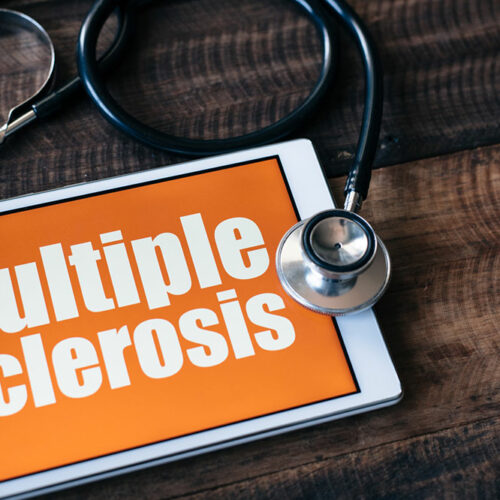How nutrition plays a key role in managing sickle cell anemia

Sickle cell disease, also known as sickle cell anemia, is a genetic disorder that modifies regular red blood cells into a sickle or crescent shape. The disease is more common in people with a deficiency in vitamin D and poor appetite. The condition may also lead to reduced growth and development in children. Therefore, it is crucial to understand how nutrition can help support sickle cell patients. Balance and increase nutrients When it comes to sickle cell disease, asymptomatic patients tend to show energy levels below the set threshold. This number falls to about half when illness sets in or when the person is hospitalized. Therefore, one should increase the food they eat if they wish to tackle the condition’s symptoms. Some of these foods include the following: Whole grains, rice, and cereals, which are high in vitamin B, magnesium, folate, and selenium Milk, cheese, and yogurt that are loaded with vitamin D and calcium Certain vegetable oils that are rich in vitamin E and fatty acids Meats, nuts, seeds, and beans are good sources of protein, zinc, and iron Green leafy vegetables and fruits, as these foods carry high amounts of vitamin A, vitamin C, folate, and even fiber Calorie intake A high-calorie intake also supports those with sickle cell disease.






